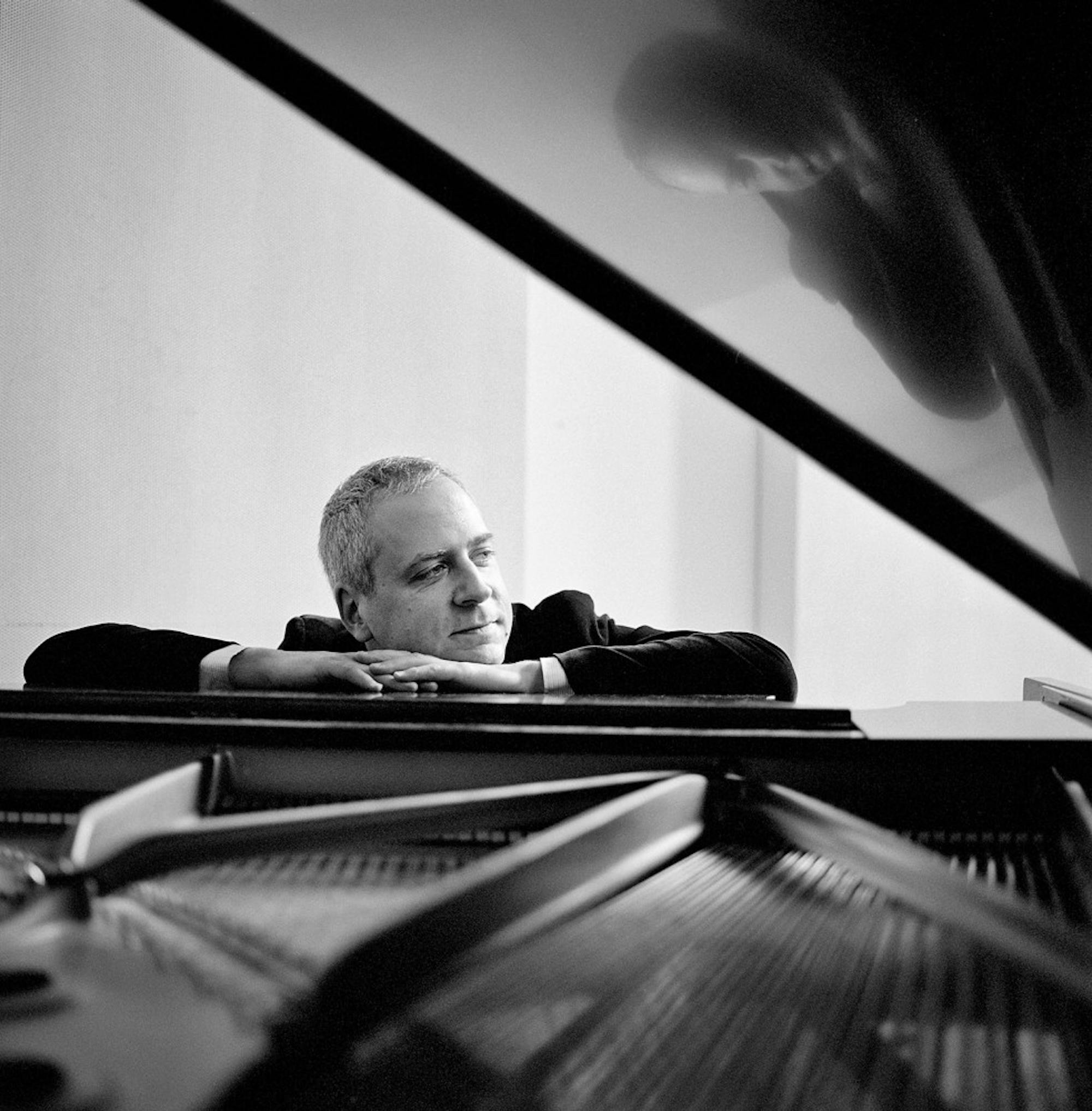The Saint Paul Chamber Orchestra, considered one of the finest chamber orchestras in the world, considers themselves to be true classical musicians — it is for this reason that they have never performed a pop concert. The Hopkins Center, which has maintained a close relationship with the Minnesota-based ensemble created over two decades ago, can attest to that. The chamber orchestra will perform a classical concert tonight in Spaulding Auditorium.
“Great classical music is just as great literature. It’s important to a society and civilization, and gives people a feeling for who they are, transcending the passing fads of the day,” Charles Ullery, Saint Paul Chamber Orchestra bassoonist, said.
The Saint Paul musicians believe that this act of preserving culture “adds to help the morale of the orchestra,” Ullery said.
“We’re trying to sell the real product, and in a really convincing way,” Ullery said.
While the orchestra may be traditionalists when it comes to musical choices, the ensemble has stepped forward into the digital age. It has an enormous online presence, with a listening library of over 250 recordings available for free and mobile apps available for download.
In another break from traditional norms, the ensemble has no permanent conductor. Instead, the orchestra chooses to collaborate with artistic partners. Currently, pianist Jeremy Denk,a 2013 MacArthur Fellow, is touring with the ensemble and will be featured in the second piece on the program, “Concerto No. 23 in A for Piano and Orchestra, K. 488,” by Wolfgang Amadeus Mozart.
The position of artistic director, typically reserved for staff outside of ensembles, has been appointed to Kyu-Young Kim, an ensemble member and principal violinist. This decision, made at the start of the year, was part of an attempt to bring the artistic direction of the ensemble into the hands of the group members.
“This [structure] really defines who we are,” Ullery said.
He concedes, however, that having a member be the artistic director means that the ensemble spends more time than most do in preparing pieces for concerts.
Moreover, both these changes have broken many hierarchal notions long-etched in the centuries-old tradition of ensemble music. Typically, there is an unwritten ensemble rule that musicians’ critiques or comments are taken more seriously based on his or her standing in the orchestra. For example, it would be uncommon for a violinist in the back of the section to raise a concern about the cohesiveness of the wind section. However, with the absence of a see-all conductor that is tasked with group cohesiveness, the duty falls evenly on each member of the ensemble.
“Everyone is interacting, listening. It’s exhausting, but stimulating,” Ullery said.
During the Saint Paul Chamber Orchestra’s stay at Dartmouth, members collaborated with the Dartmouth College Wind Ensemble for a casual “Collis Cabaret” performance in Collis Common Ground on Tuesday, Oct.12. The program included pieces by Kreisler, Rimsky-Korsakov, Hindemith and Gounod. Yesterday, Denk held a piano master class with observation open to the public.
Anna Matusewicz ’20, wind ensemble bassoonist, said she enjoyed the Collis performance, noting that Ullery gave helpful advice.
The Collis Cabaret performance was “impromptu in that we didn’t really rehearse it,” Irene Feng ’17, wind ensemble oboist, said. The casual setting of the concert “speaks to the fact that music comes with us everywhere,” Feng said.
As for Ullery, he wishes that he would have had similar opportunities to play with professional artists when he was a young musician.
“It’s always challenging [to be a mentor]; you want to help the students,” Ullery said.
On Wednesday, chamber members sat in on a wind ensemble rehearsal, offering feedback and commentary about how the wind ensemble could improve.
The wind ensemble was preparing “Symphonies of Wind Instruments” for their Nov.11 concert, and comments about musicality, technique and listening from the St. Paul Chamber Orchestra members “allowed us to grow as a group,” Mallory Rutigliano ‘17, wind ensemble flautist, said.
Despite the age and knowledge gap of the students and the professionals, their common identity as members of an ensemble gave them more common ground than Feng had imagined they would have.
“It was comforting to know that they, as professionals, go through the same issues with counting and rhythm,” Feng said. “They made us realize that everything will come with trying to feel how your part ties into the whole — it matters who the person is behind the instrument.”
As for tomorrow, Matusewicz is looking forward to the concert because she is fond of watching chamber orchestra performances, which normally incorporate more movement. She is also excited to talk with the ensemble members at a meet-and-greet immediately following the concert.
Tonight at 8 p.m. the full 34-member ensemble will be in concert at Spaulding Auditorium, opening with the world premiere of “O Mikros, O Megas” (This Tiny World, This Enormous World), composed by George Tsontakis. Tickets are $10 for students and between $17 and $50 for community members.






